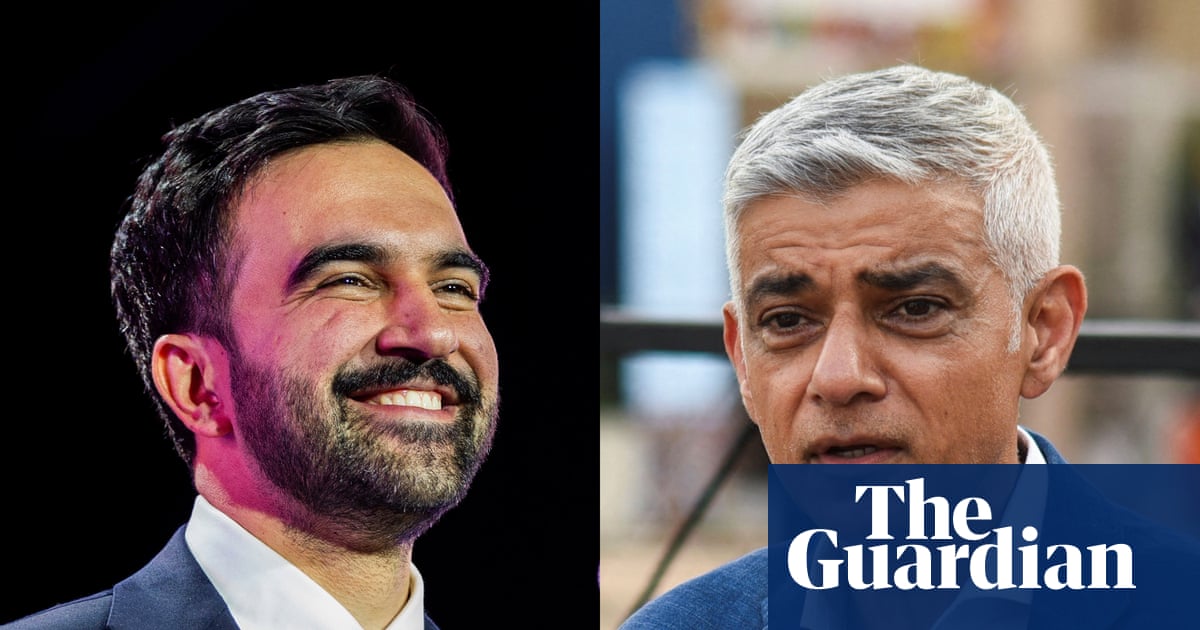A £7m pay package for the Nationwide chief executive, Debbie Crosbie, has been labelled an “obscenity” and hypocritical by members of the mutual, even as it gained approval at the building society’s AGM on Friday.
Concerned members who tuned into the online-only meeting on Friday morning criticised the board’s plan to increase Crosbie’s maximum payout by 43%, saying the move was out of touch and did not align with the mutual’s principles.
One member, identified as Ms Andrews, said: “No one needs to earn more than £1m in salary, and certainly not £7m.” Another member, Mr Fisher, asked :“Does the CEO see both the irony and the hypocrisy of the size of her bonus: an amount in one year that most people would struggle to spend in a lifetime?”
Meanwhile, a member identified as Dr Standon said that Nationwide already had the option of paying Crosbie up to £4.8m, and that pushing that figure to £7m was “an obscenity”.
“One would expect Nationwide to set an example to others,” she said.
Nationwide argued that Crosbie’s pay rises reflected new demands after its £2.9bn takeover of Virgin Money, and its remuneration should be close to packages offered by rivals including Lloyds Banking Group and NatWest.
“We pay more than most building societies, but then again, we are larger,” the head of Nationwide’s remuneration committee, Tracey Graham, said. “We are five times larger than Coventry, we are more complex, and we are more important to the UK economy than other building societies … We are now the second largest mortgage lender and savings provider in the UK, and yet we pay less than compared to the high street banks.
“Our job is to ensure that we have the very best leaders here at Nationwide, and we do operate in a competitive marketplace. That is what we need to pay them, for us to believe that we are paying them equally or fairly.”
Standon acknowledged that Nationwide had done “lots of good things for members … and it’s commendable that you followed through on the principles behind mutuality by not prioritising profit”. But she said that while the building society claimed to value people over profits, its justification for the rise “suggests that unfortunately, your executive team are primarily motivated by money”.
“If they do leave purely because of the money, then, is it not the case that they were not in line with Nationwide principles in the first place?” Standon asked.
The Nationwide chair, Kevin Parry, defended the building society’s bosses, saying: “I don’t think that money is the primary motivation … I’m very confident in saying this is not about personal greed. This is about equity with people that do similar jobs elsewhere.”
Members ultimately gave the green light to the pay policy: 627,982, or 94.8%, voted in favour. Nationwide said 34,492 members, accounting for 5.2% of voters, rejected the pay package.
after newsletter promotion
Nationwide’s board was criticised by one member over the fact that members were not given a binding votes. Parry, confirmed that while votes to re-elect board members are binding – meaning members have a final say – Nationwide is not required to hold binding votes on pay under building society rules.
The board was also forced to admit during the livestreamed AGM that a £316m accounting error was missed by the building society and its auditor EY, and only came to light as a result of one of its eagle-eyed members, Mr Dugan.
Nationwide explained that while it did force the building society to correct its 2024 results, the mistake related to the way it had deducted expenses from its income, but did not affect profitability.
Dugan pushed the matter, saying the error was six times larger than the £55m threshold at which errors are deemed material, meaning the point at which they could end up influencing business decisions. He asked why Nationwide was willing to reappoint EY on that basis.
“We were very grateful last year when you identified the issue,” the chair of Nationwide’s audit committee, Phil Rivett, said during the AGM. However, he said the society was still “very satisfied with the quality of the work they [EY] do, and the challenge that they provide to management on accounting judgments and issues”.

 3 months ago
95
3 months ago
95

















































